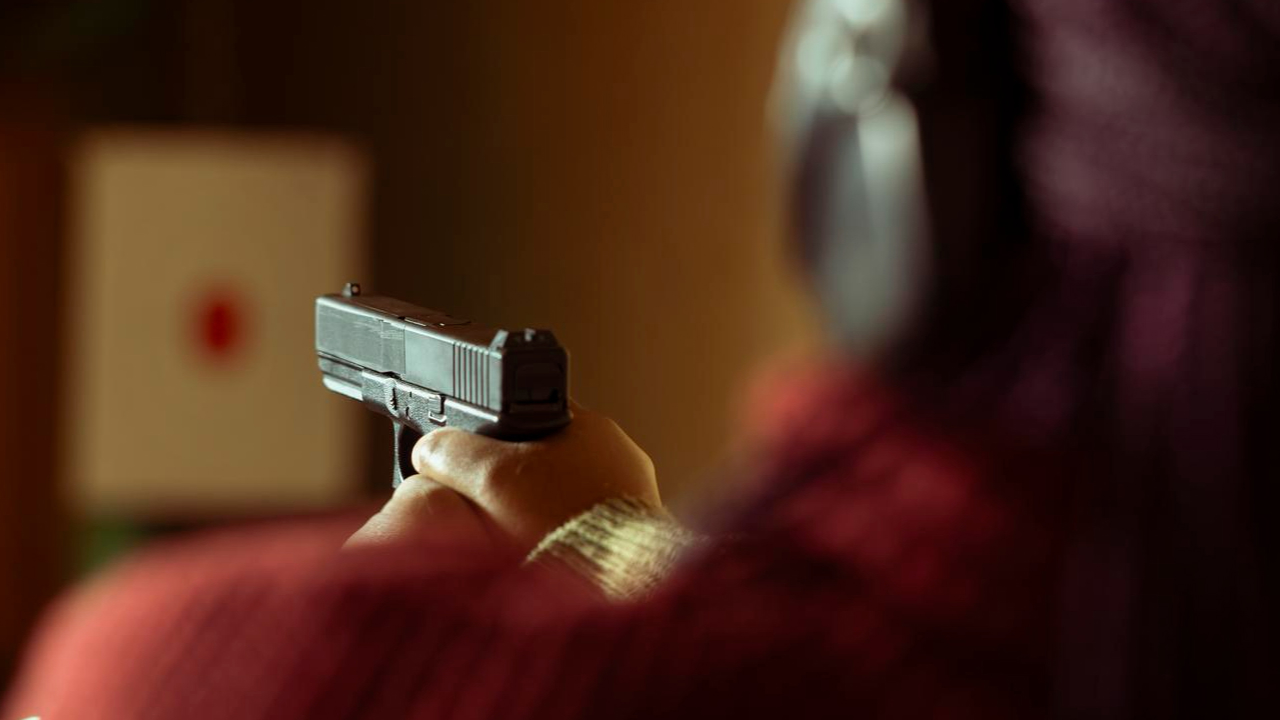People convicted of a felony are generally prohibited from possessing firearms; this prohibition also extends to visiting shooting ranges. However, giving a simple “yes” or “no” answer to this question wouldn’t be accurate. To fully understand the nuances and exceptions, let’s take a look at Billy’s story.
Billy’s story
Billy is someone who received a felony conviction because of a mistake in his past. After serving his sentence and trying to rebuild his life, he developed a passion for shooting sports. The discipline and focus required at a shooting range became a therapeutic outlet that helped him cope with the challenges of reintegrating into society. However, Billy soon realized that his criminal record might pose a barrier to this new interest. Billy’s story is not unique; many former offenders find themselves in similar situations, wondering if they can once again enjoy shooting sports.
From a legal perspective
The legal environment surrounding this issue is actually complex; both federal and state laws restrict felons from possessing firearms. Under the Federal Gun Control Act of 1968, it is illegal for individuals convicted of a felony to possess firearms or ammunition. Since the act of using a firearm at a shooting range is considered “possession,” this restriction also applies to shooting ranges. State laws may impose similar limitations, making the situation even more complicated for felons who want to visit a range.
Rationale behind the prohibition
The main reason behind these laws is public safety. Felonies are serious offenses. Firearm possession prohibitions aim to prevent individuals with a criminal history from accessing deadly weapons. The logic is this: someone who has shown a willingness to break the law and engage in serious criminal activity may be more likely to misuse firearms in the future. However, it’s important to acknowledge that not all felonies are violent and that many former offenders are genuinely committed to changing their lives. In some cases, firearm possession restrictions can feel like an additional penalty that follows them long after they’ve served their time.
Exceptions and restoration of rights
This brings us to the exceptions and special circumstances. In some cases, felons may have their firearm rights restored through a pardon or by petitioning the court. The process of restoring rights varies by state, can be complex, and often requires legal assistance. For example, in some states a felon may petition the court after a certain amount of time has passed since completing their sentence. This process may include a hearing in which the individual must prove they no longer pose a threat to public safety and that restoring their rights would be in the interest of justice. In rare cases, a pardon from a governor or the president may also restore these rights.
However, even if rights are restored, some challenges may still arise when visiting shooting ranges. Some ranges have policies that prohibit anyone with a felony record from using their facilities, even if their rights have been restored. In very rare cases, states may have special laws that allow felons access to ranges under certain conditions (such as under the supervision of a licensed instructor). But these are not common, and felons must always research their own state laws before visiting a range.
Risks and consequences
It is crucial for felons to understand the risks and consequences of violating firearm laws. Visiting a shooting range as a felon can result in serious legal repercussions, even if they do not personally handle a firearm. Being associated with firearms or being around others who are using them may be seen as a violation of the law, resulting in fines, probation, or additional prison time.
Billy learned this lesson the hard way. He thought he could simply go to a range and watch. But when he arrived, he was asked to fill out a form that included a question about his criminal record. Billy knew that lying on the form would be a crime, so he left the range without going inside. It was a difficult decision, but he couldn’t risk his future.
Legal alternatives
For felons passionate about shooting sports like Billy, there are legal alternatives to consider. These include:
- Archery: Offers similar focus and discipline without the legal risks associated with firearms.
- Airsoft or Paintball: Can provide the excitement of simulated combat in a safe and legal environment. These sports involve realistic-looking guns that fire plastic pellets or paint capsules instead of live ammunition.
- Simulators and Virtual Reality (VR): A great option for those interested in the technical aspects. They allow users to improve aiming and decision-making skills without the need for live ammunition.
Conclusion
In conclusion, while the general rule is that felons cannot visit shooting ranges, there are exceptions and alternatives to consider. It is essential for felons to understand their options, research local laws, and consult a legal expert.
Billy made a choice and decided to pursue archery. He found a local archery range that accepted him and discovered a passion for the sport. Although it’s not the same as using firearms, it offered many similar benefits. Billy’s story shows that even when the path isn’t always open, there are always legal alternatives for those who seek them.
